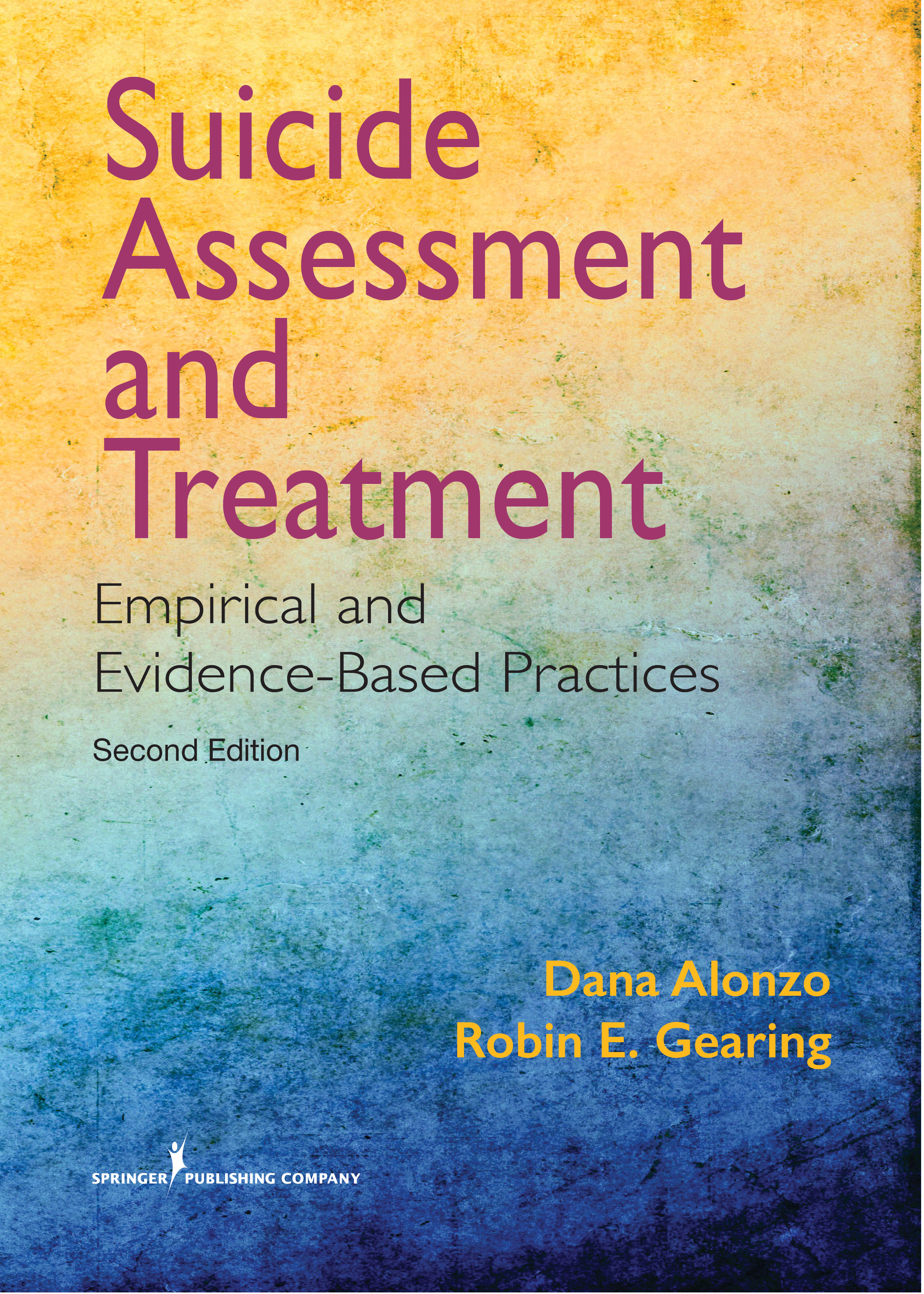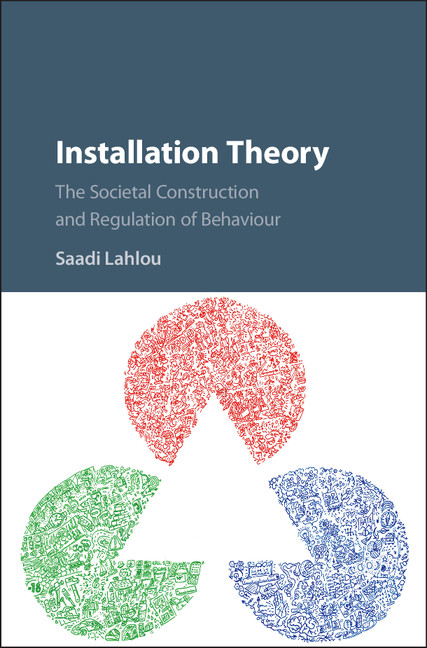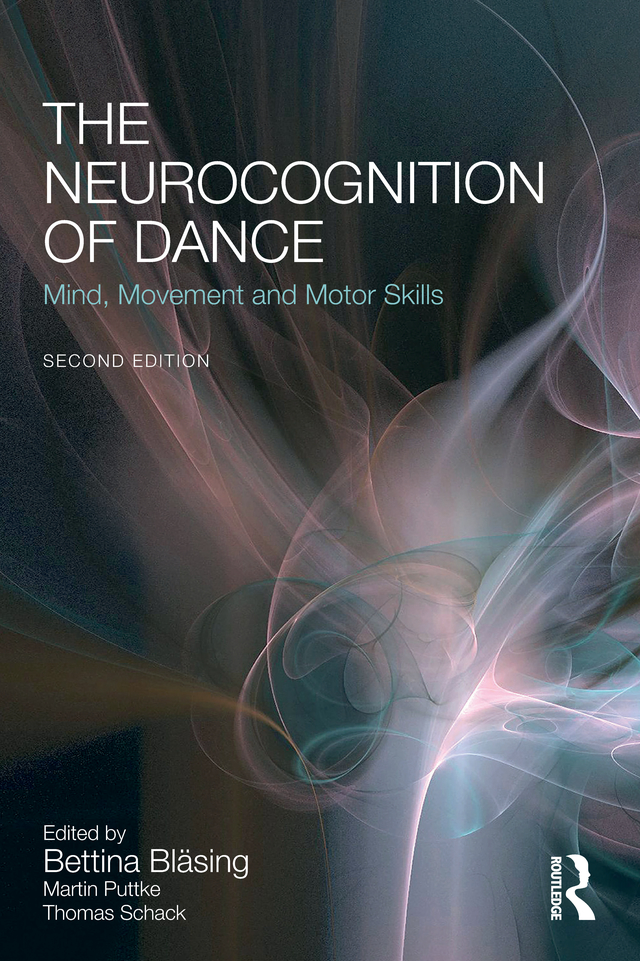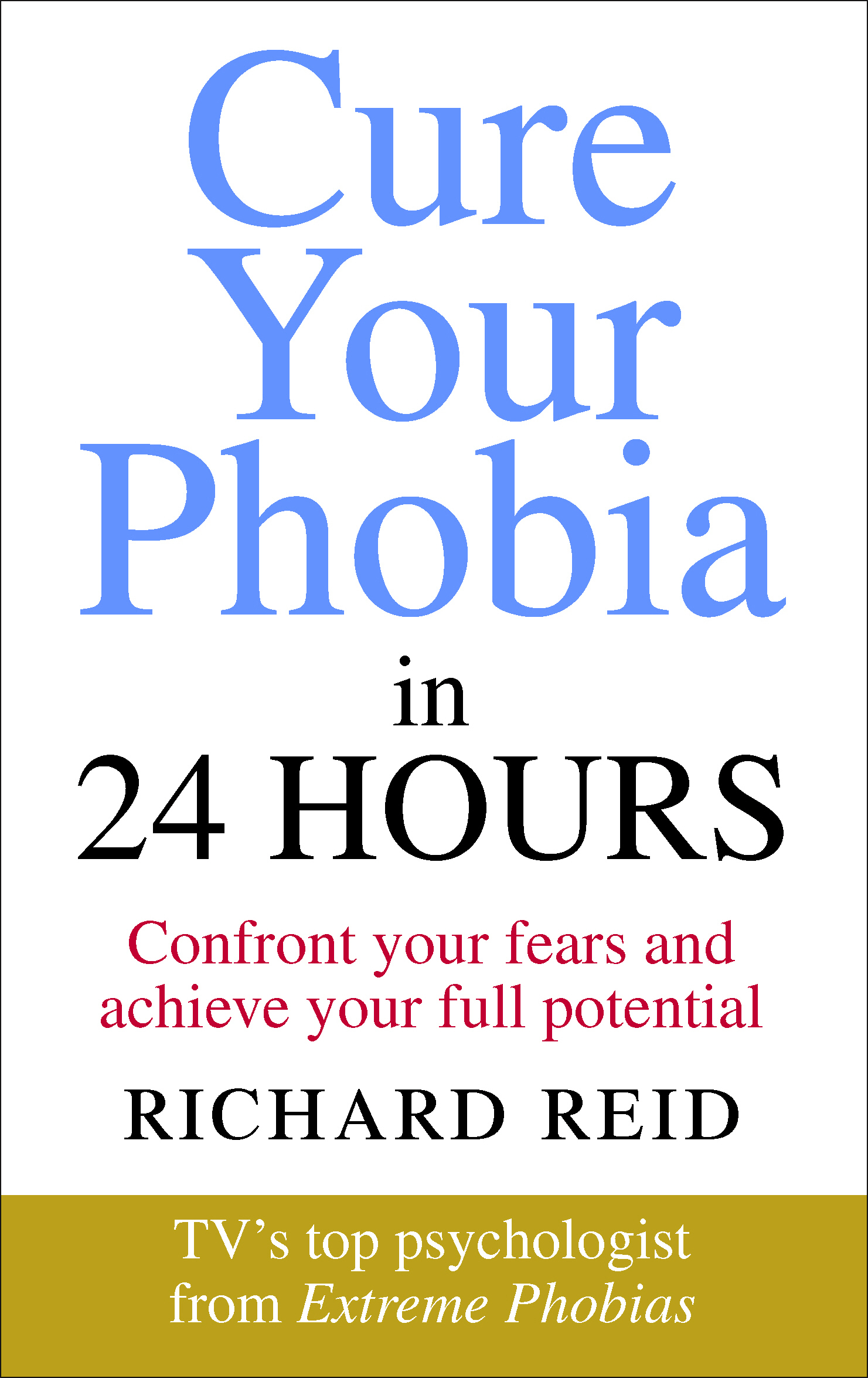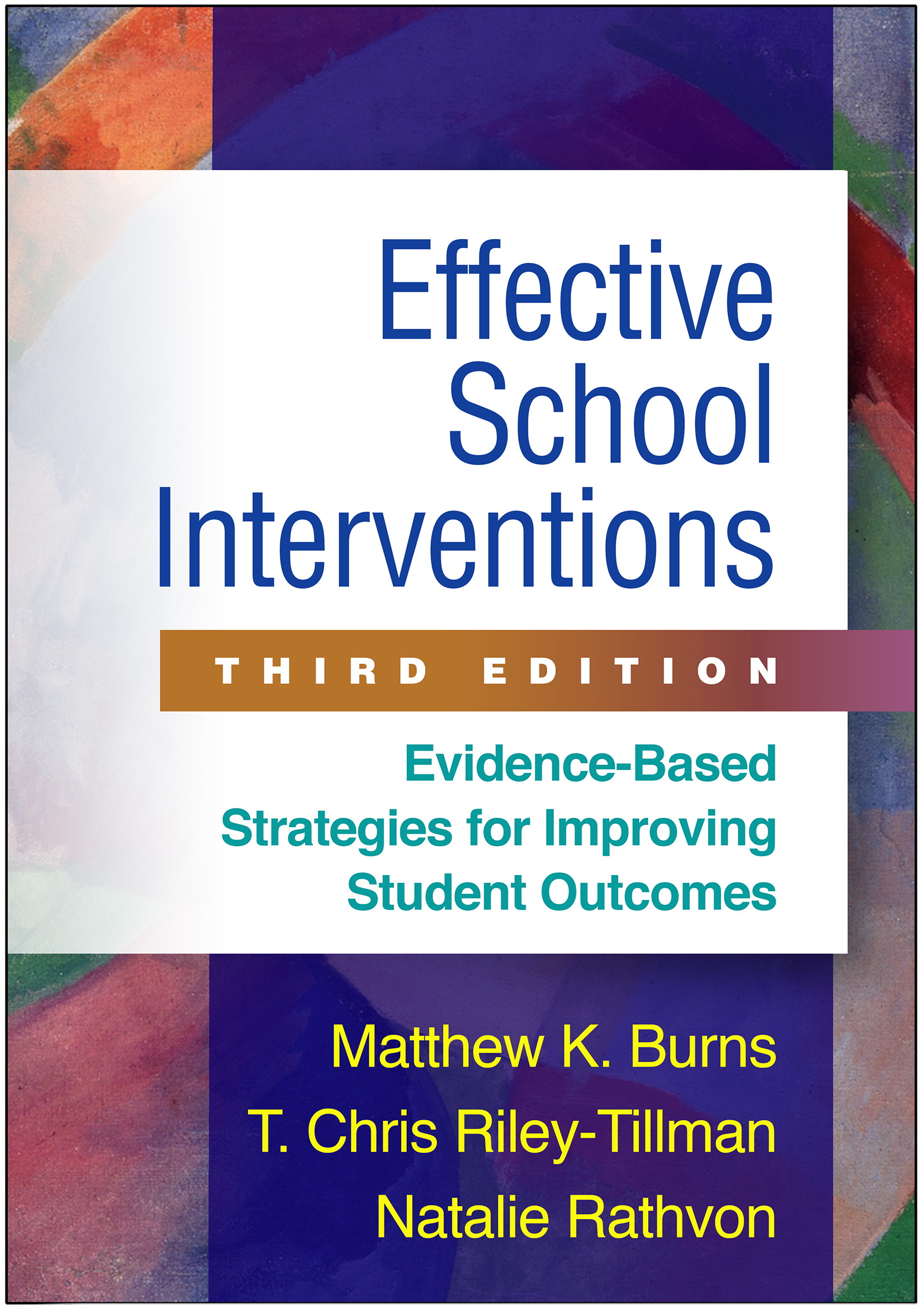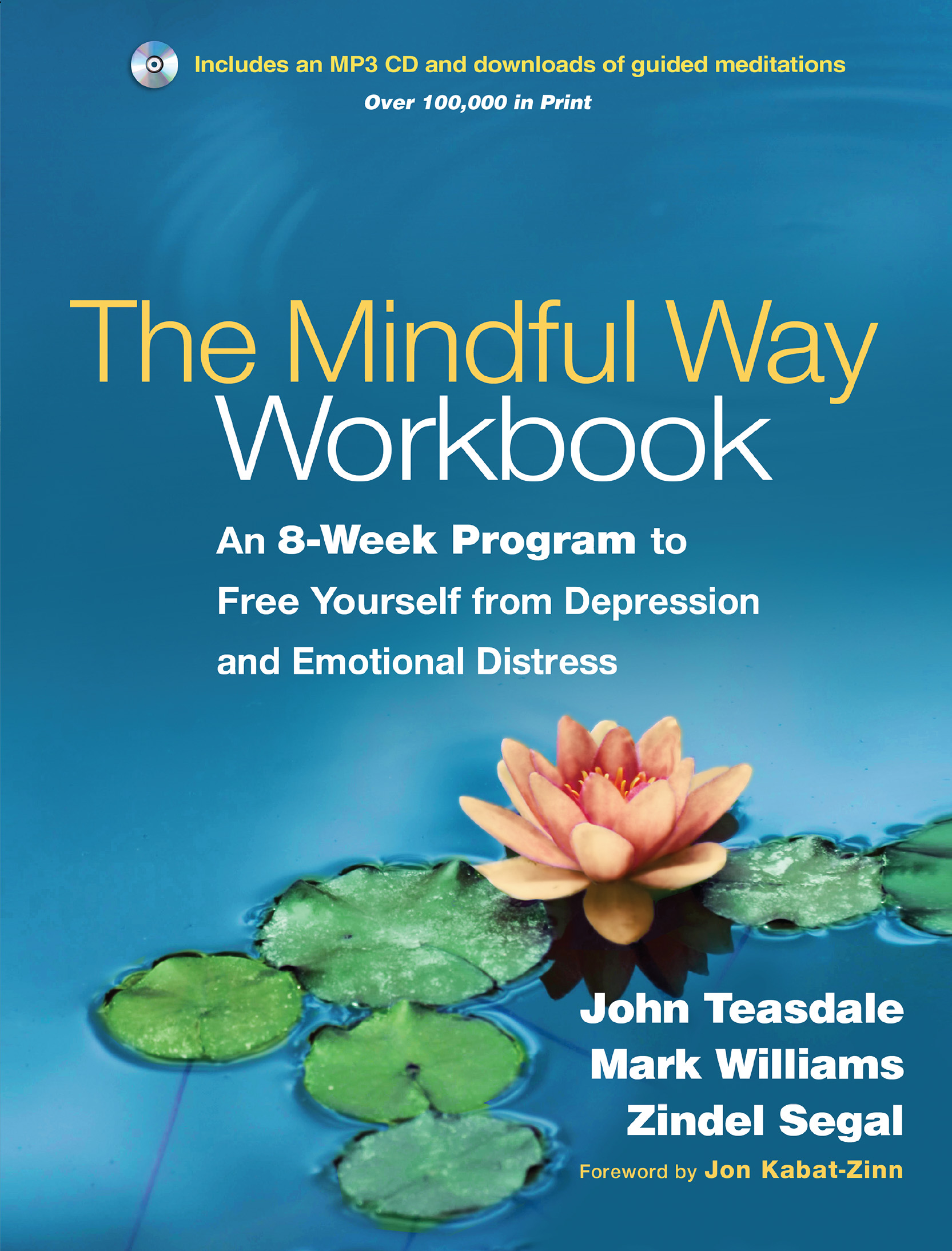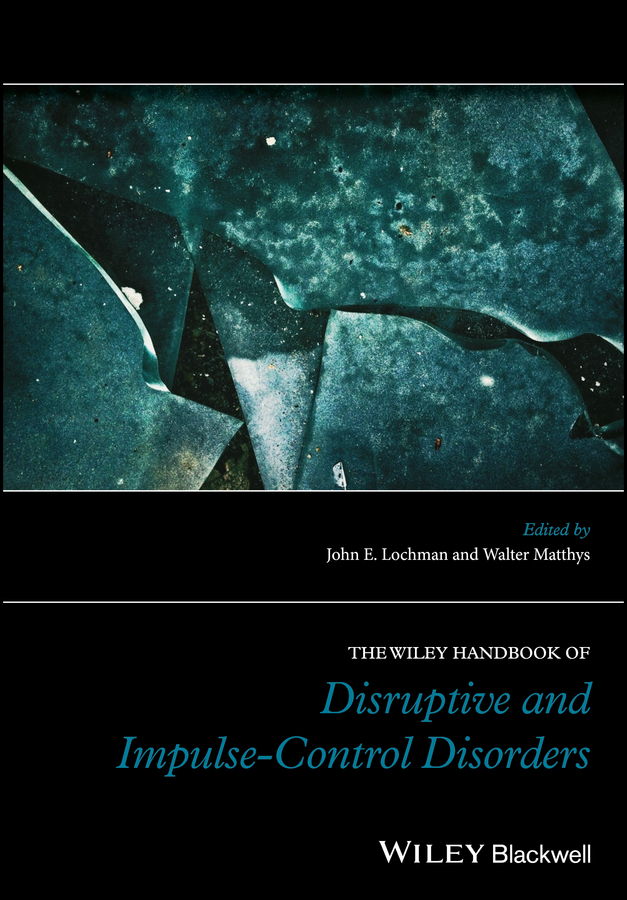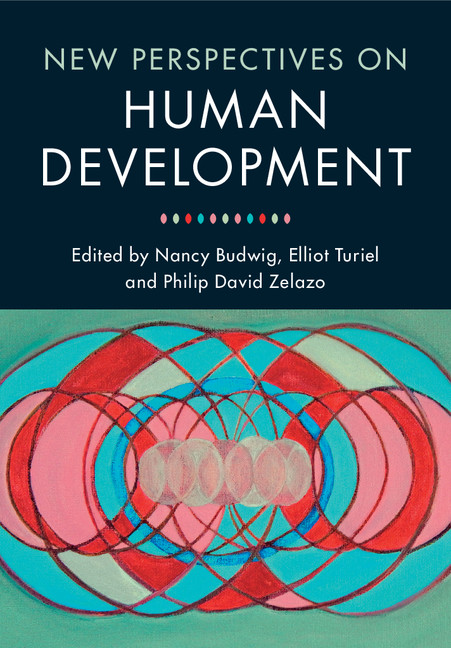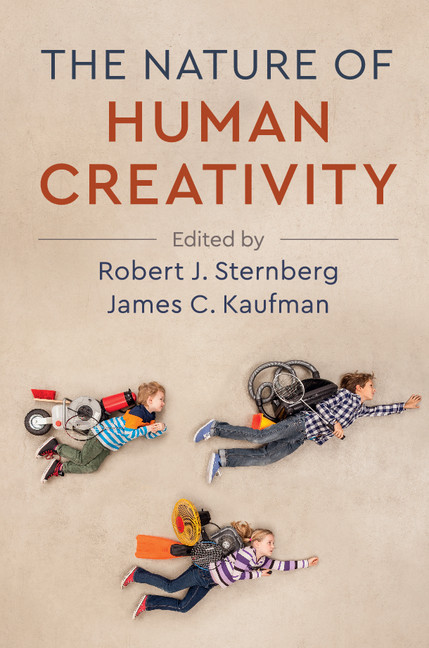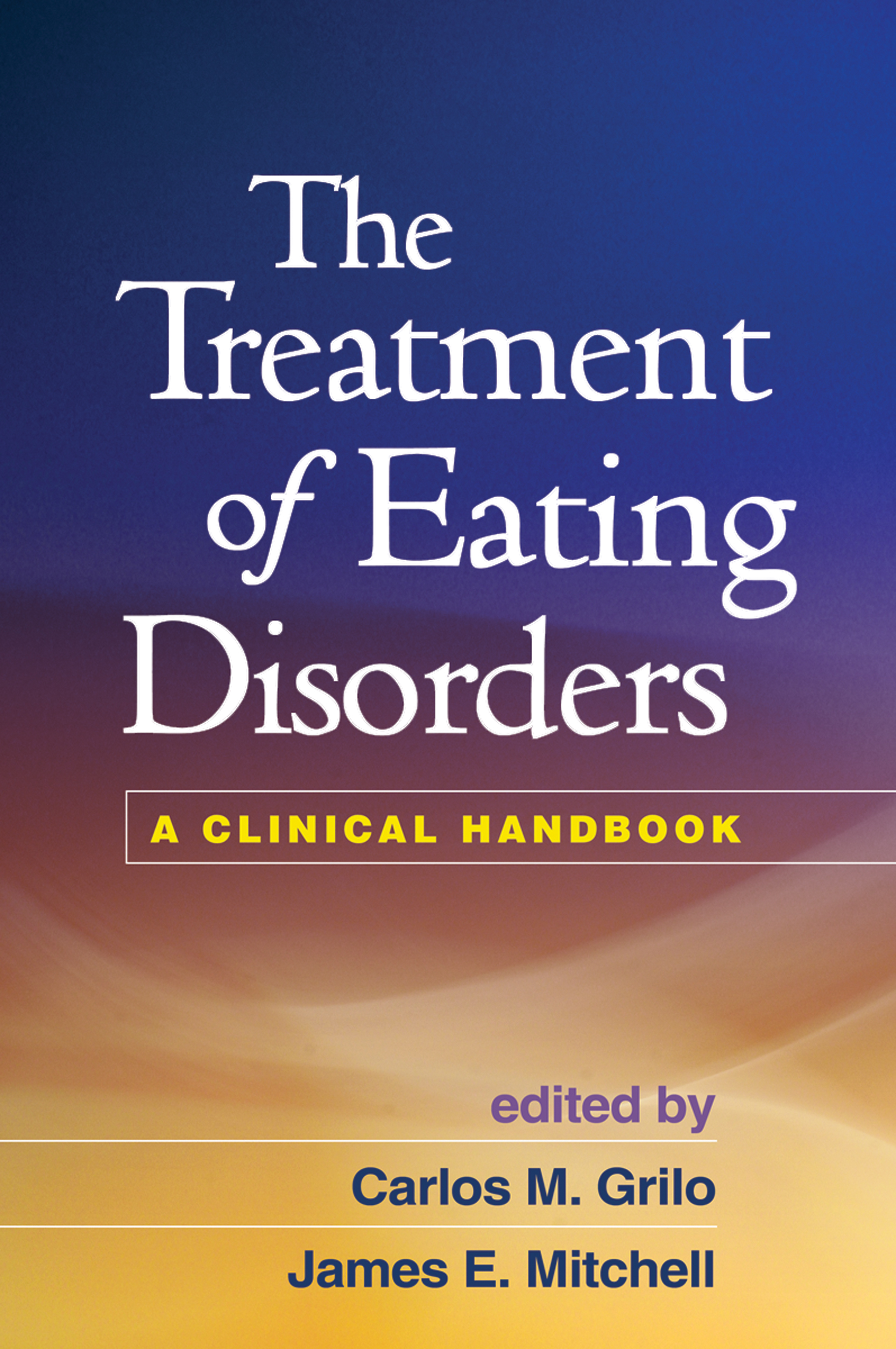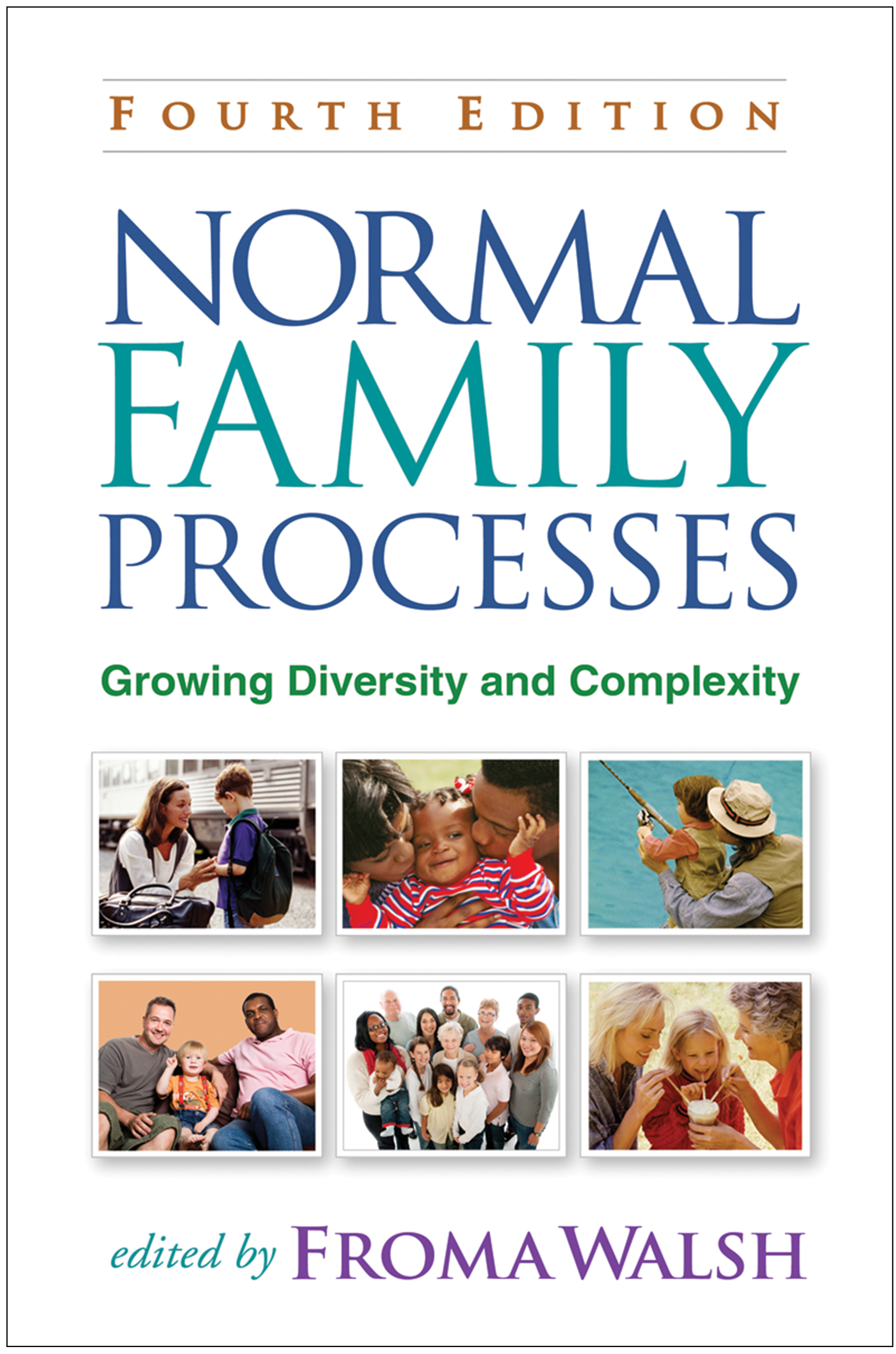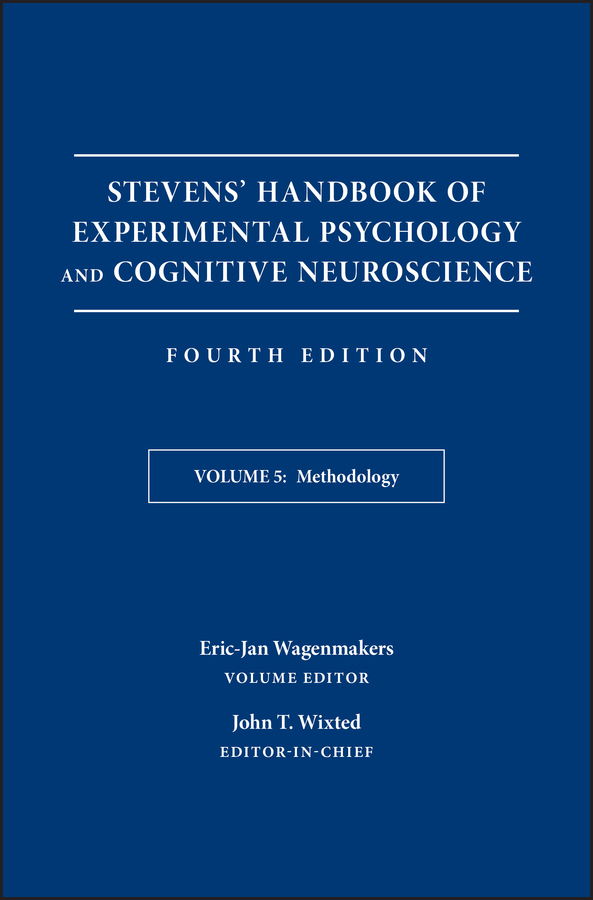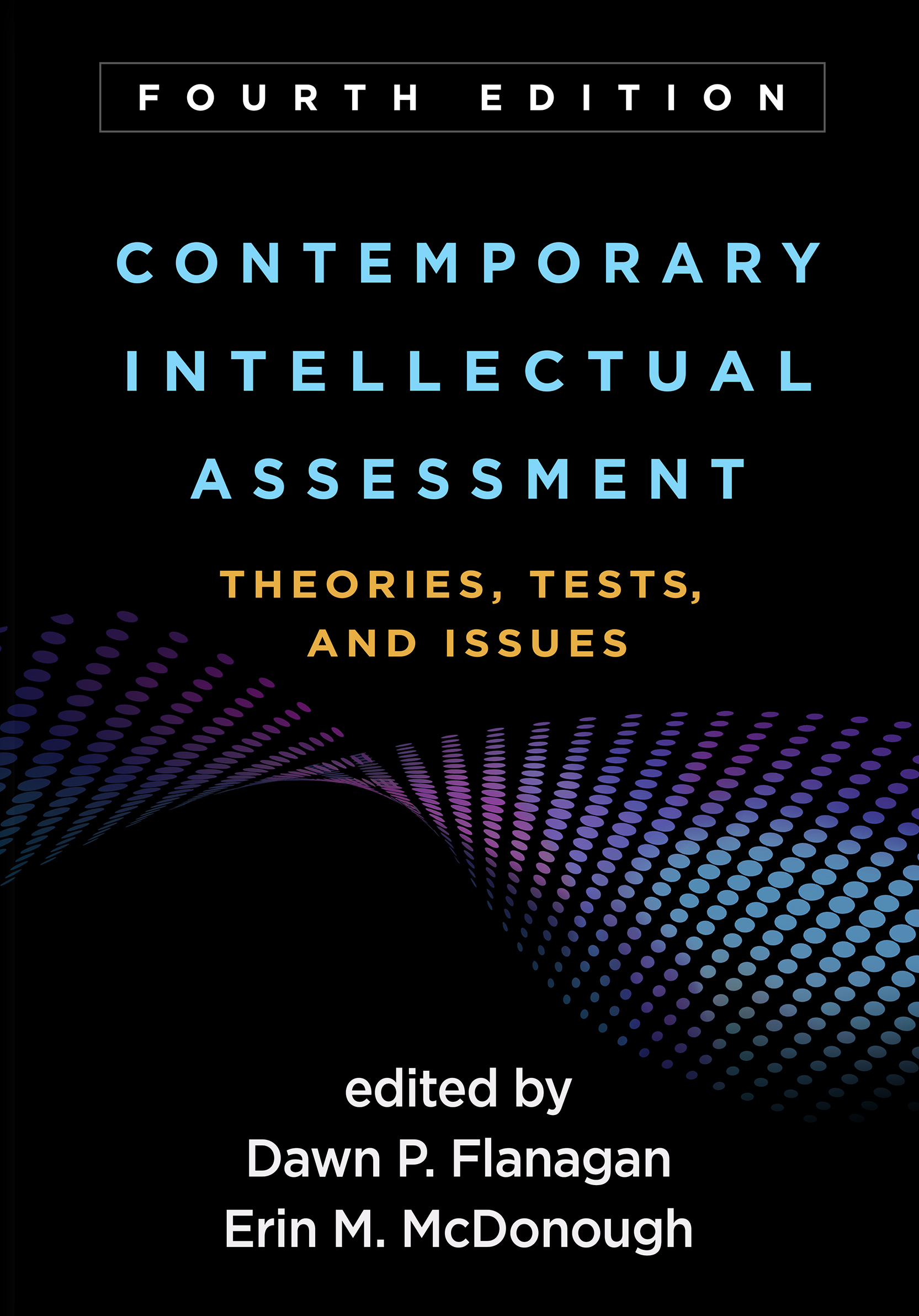
- Browse Category
Subjects
 We Begin at the EndLearn More
We Begin at the EndLearn More - Choice Picks
- Top 100 Free Books
- Blog
- Recently Added
- Submit your eBook
password reset instructions
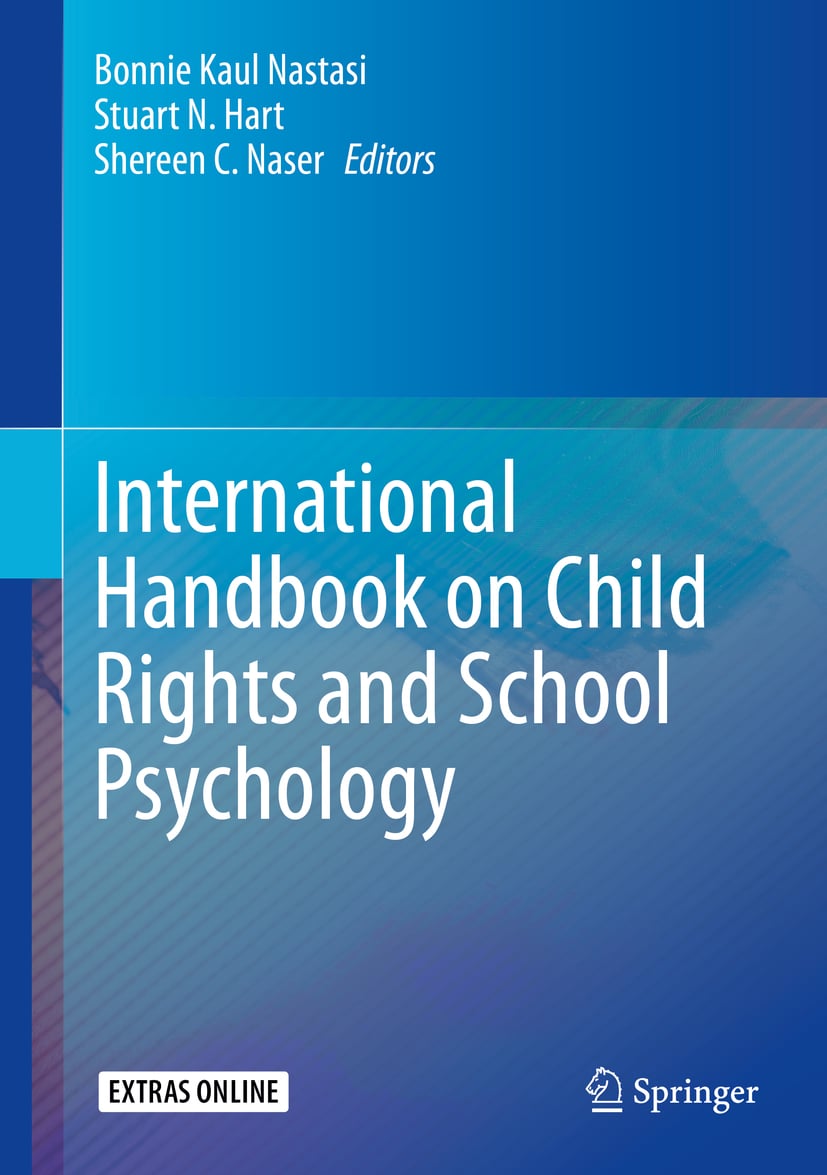
This handbook examines the meanings, implications, and transformative potential of a child-rights approach for school psychology. It focuses on the school community, in which psychology is committed to promoting well-being, learning, and development of all children. The handbook begins with an overview of the 1989 United Nations Committee on the Rights of the Child (CRC) and explores main themes such as, survival, protection, development, participation, and nondiscrimination. Chapters provide guidance in promoting and protecting child rights when dealing with critical issues relevant to the school community, including well-being, freedom from violence, and access to high quality education. In addition, chapters analyze and offer recommendations for child rights applications within the roles and responsibilities of school psychologists. The handbook concludes with future directions for achieving a child-rights approach for school psychology.
Topics featured in this handbook include:
- The current status of child rights in the international community.
- Accountability for child rights by school psychology.
- Collaborative home, school, and community practices aimed at promoting family support.
- Protecting child rights within the realm of competitive sports.
- CRC and school-based intervention programming.
- Promoting child rights through school leadership.
- Applying child rights-respecting research to the study of psychological well-being.
TheInternational Handbook on Child Rights and School Psychologyis a must-have resource for researchers, scientist-practitioners, clinicians, and graduate students in child and school psychology, educational policy and politics, social work, public health, and other school-based or child-serving mental health disciplines.
Less
- ISBN
- 9783030371197





